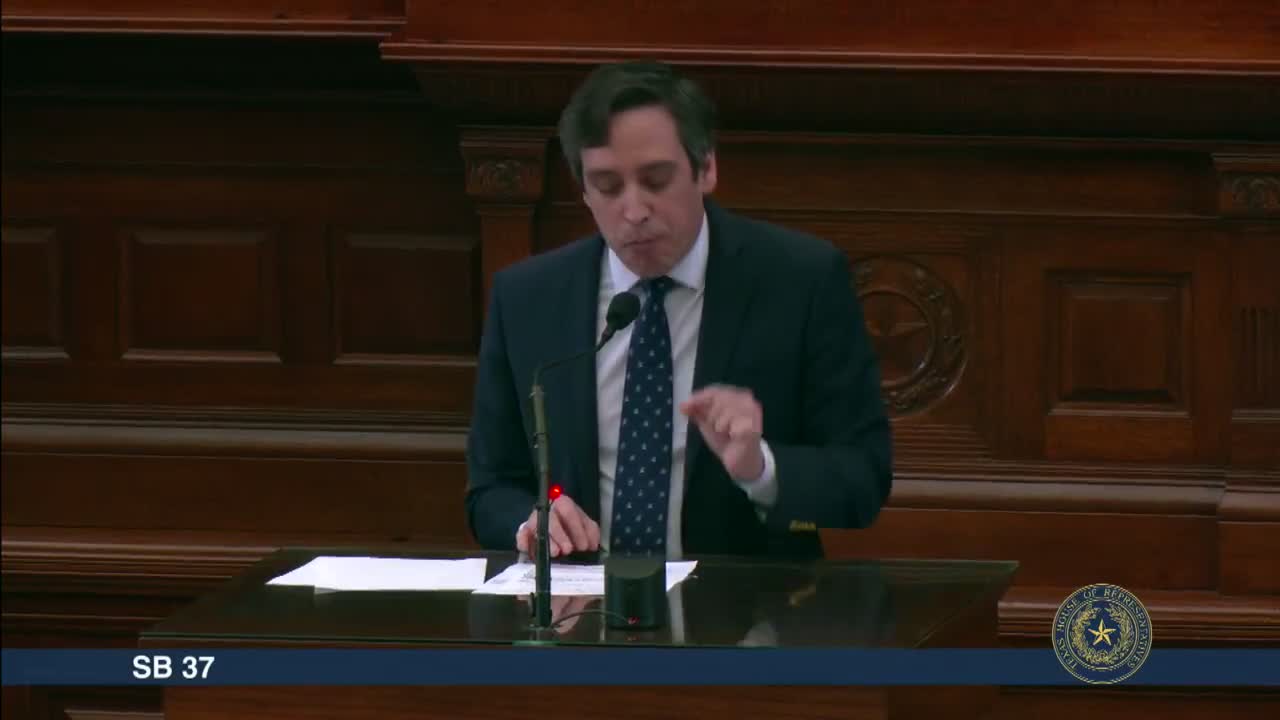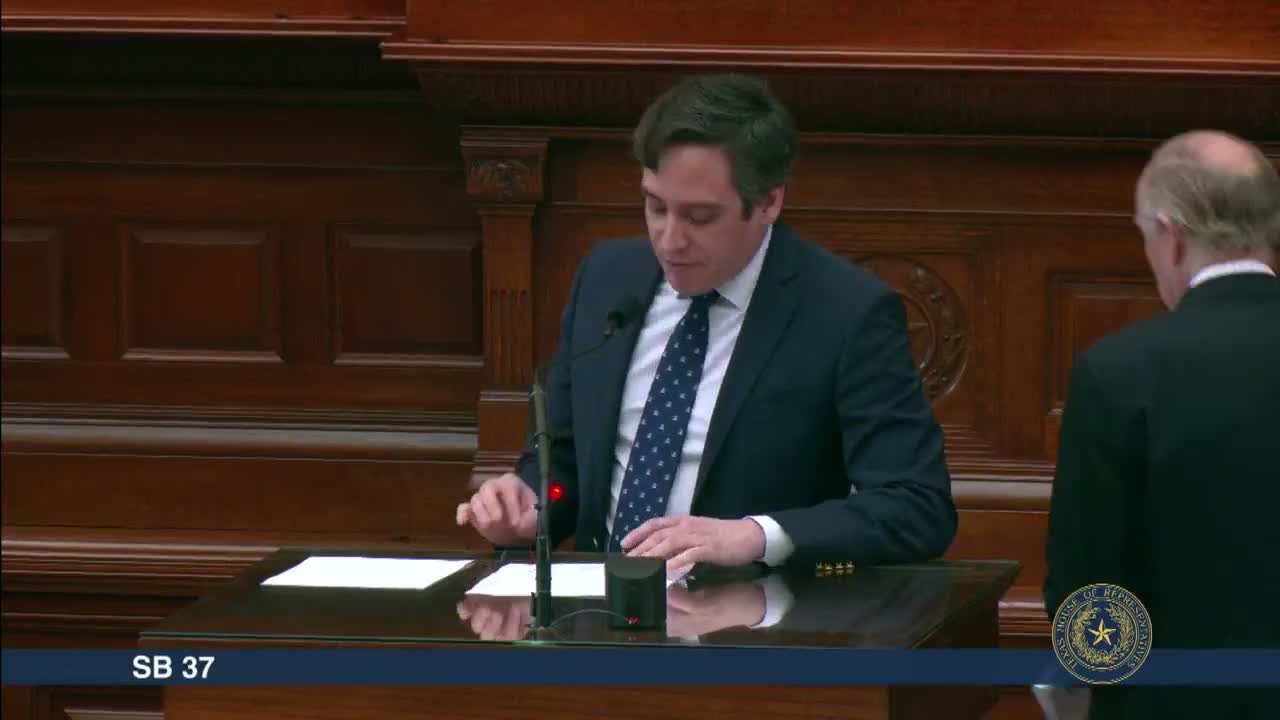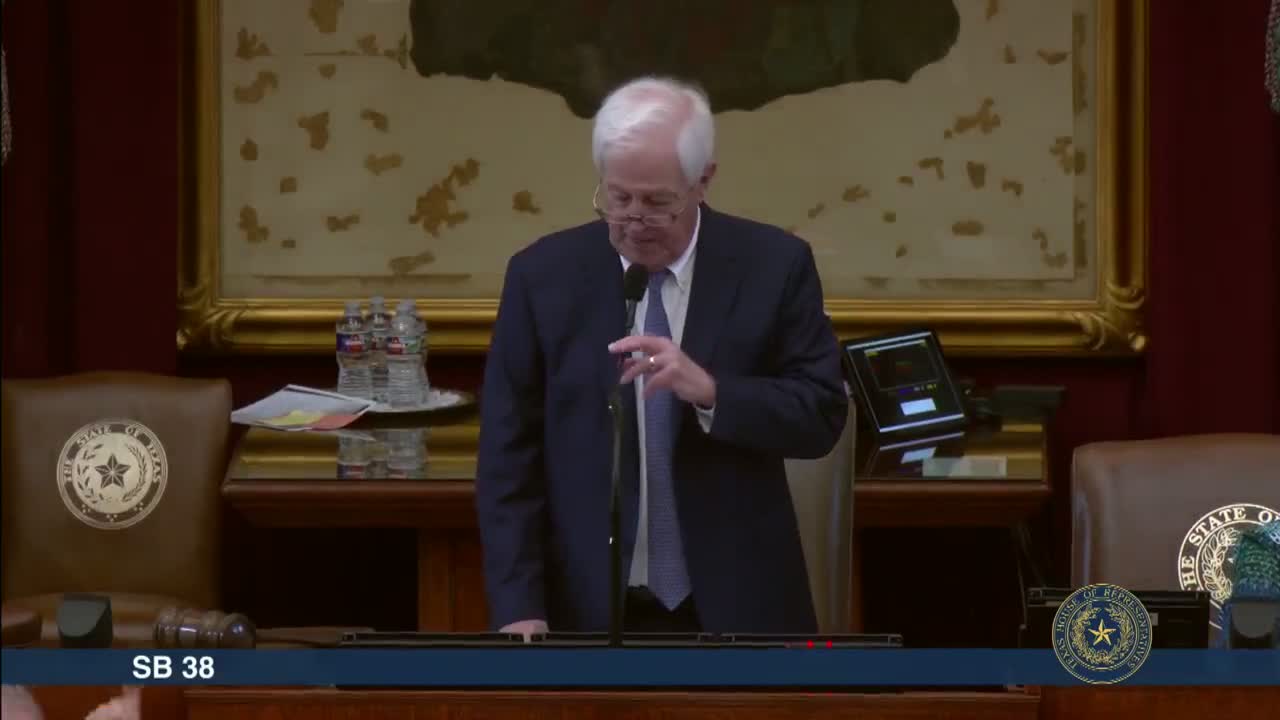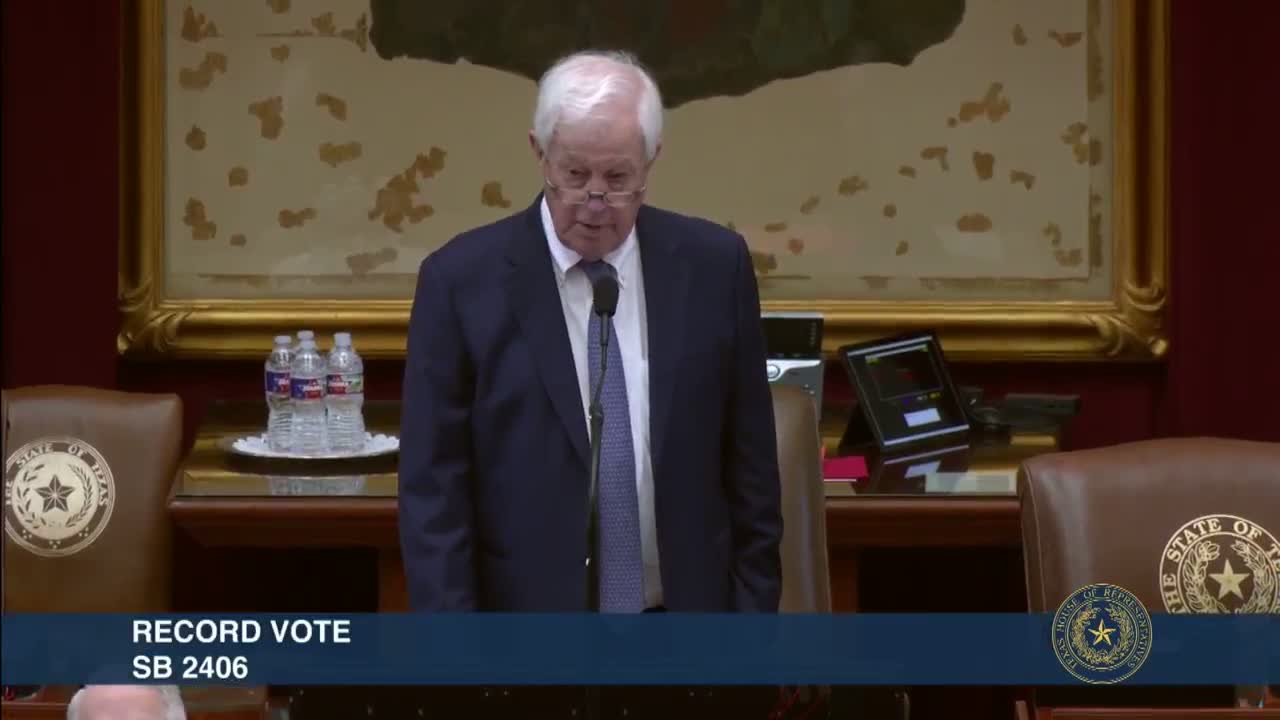Article not found
This article is no longer available. But don't worry—we've gathered other articles that discuss the same topic.

House passes parental‑rights education measure after dozens of floor amendments

House passes bill to require 10 Commandments display in classrooms after hours of debate

House approves bill that shortens eviction timelines, drawing divided floor debate

House approves statewide requirement for warrant-service agreements with ICE for county jails

